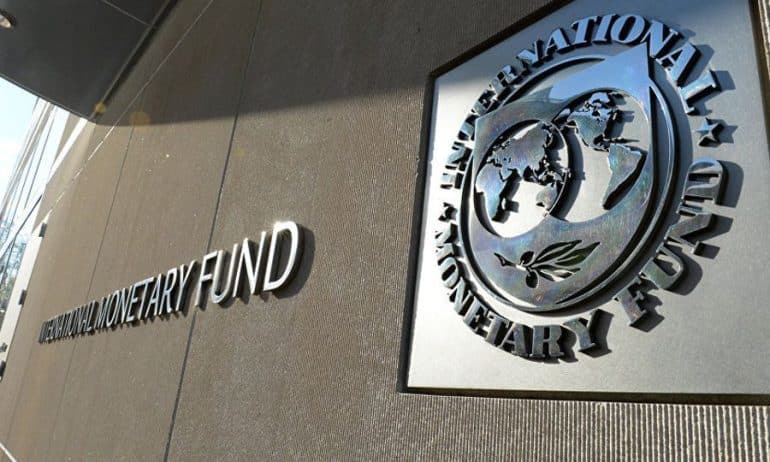Growth in 2022 in Cyprus is expected to be limited by the effects of the war in Ukraine and, with a partial recovery in exports and private consumption, is projected at around 2%, according to the International Monetary Fund, whose Executive Board announced the completion of the consultation. with Cyprus on May 25, 2022, on the basis of Article 4 of its Articles of Association.
In a statement Wednesday, the IMF noted that Cyprus had a strong recovery last year due to successful pandemic management, while production returned to pre-pandemic levels and unemployment fell.
The current account deficit remained high but fell to 7% of GDP as exports recovered. Inflation has risen, mainly due to rising energy prices. The budget deficit fell to around 2% of GDP.
The IMF reports that the public debt ratio remained high but fell to 104%. Banking liquidity remained high and capital ratios were generally stable. It is noted that banks have made progress in non-performing loans.
Growth this year, he says, will be limited by the effects of the war in Ukraine and, with a partial recovery in exports and private consumption, is projected at around 2%. It is also stated that it will be supported by investment expenditures under the Cyprus Recovery and Sustainability Plan, which, in combination with structural reforms, improves the medium-term growth prospects.
Inflation is expected to rise further before declining in the medium term, while a slow recovery will hamper fiscal consolidation this year, but the budget deficit is expected to narrow after the gradual cessation of support related to the Covid pandemic and the public debt index. remain in a steadily declining course.
The IMF notes that the outlook remains extremely uncertain with the risks of an escalation and prolonged duration of war and sanctions, inflation and uncontrolled and more serious outbreaks of coronavirus.
In addition, the Executive Board evaluation section states that the executive directors praised the authorities for their political response to the pandemic, which supported the recovery of production and employment. They noted that the pace of recovery is expected to slow in the short term - mainly due to the war in Ukraine - but will have to recover in the medium term. However, the prospects are threatened by a protracted war in Ukraine and uncontrolled outbreaks of coronavirus.
They agreed that fiscal policy should continue to provide support, supported a gradual fiscal adjustment, and stressed that additional discretion measures, if needed, should be temporary and well-targeted. They stressed the importance of fiscal discipline in the medium term to keep public debt steadily declining. They also encouraged further efforts to control public sector wage growth and address risks from the General Health System.
They noted that the financial system remained resilient and agreed that the authorities should improve monitoring, given the deteriorating outlook.
They stressed the importance of an effective framework for dealing with defaulters and providing incentives for borrowers to participate in restructuring.
They also said that structural reforms are the key to increasing medium-term growth potential. They welcomed the progress made in implementing the Recovery and Sustainability Plan, such as the enactment of anti-corruption legislation and reforms in public services and local government. They also noted that reforms in the judiciary are also a priority.
They agreed that achieving national climate targets could help Cyprus move to a more resilient and sustainable development model. They called for continued efforts to address the challenges of implementing the green agenda, including the planned green tax reform. In conclusion, they indicate that measures such as fees to improve emission reductions could also be considered.
Source: KYPE
